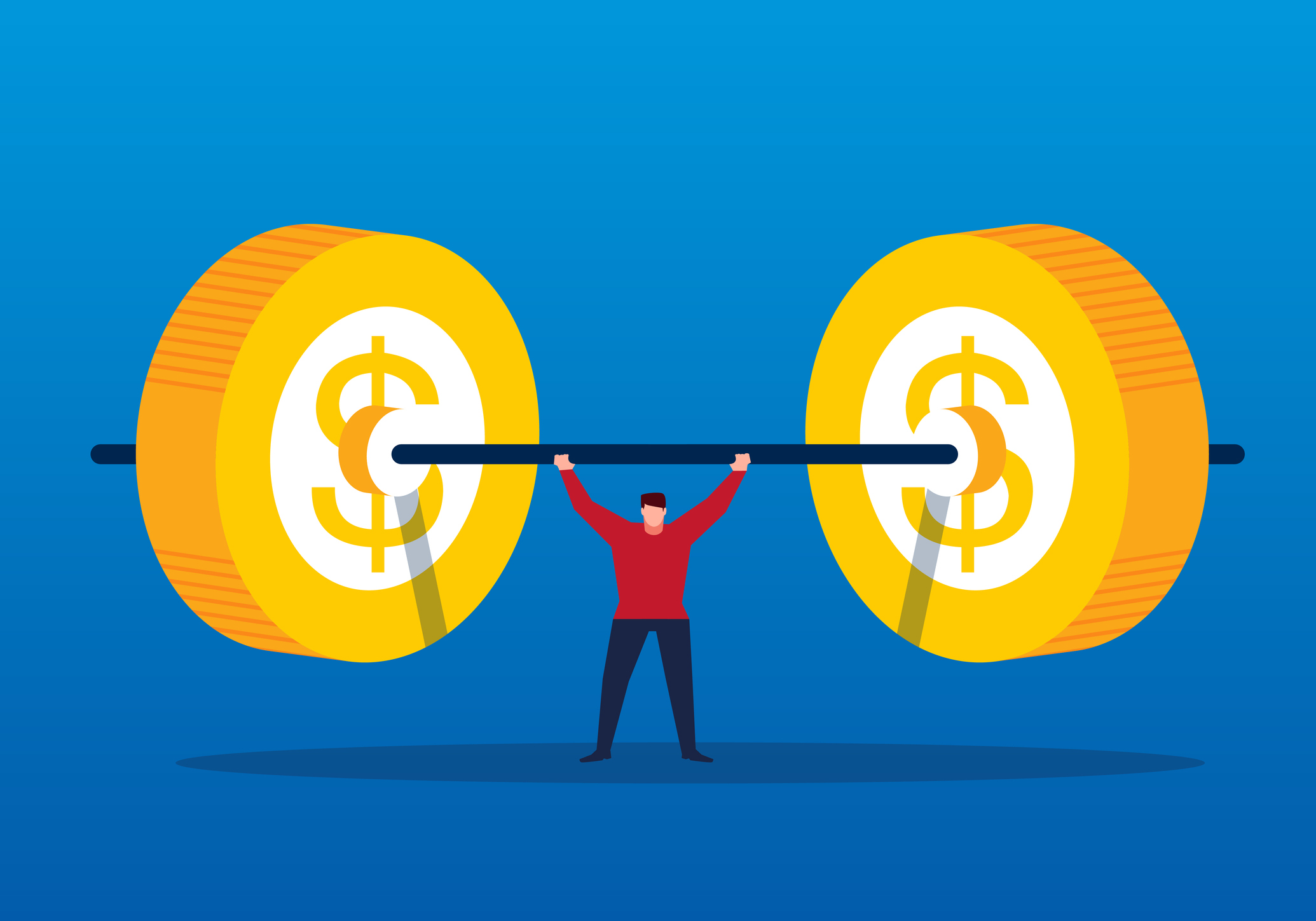People who exercise regularly make $25,000 more than couch potatoes, according to a new study. Those who engage in high-intensity interval training (HIIT) make even more money.
The fitness app Freeletics recently conducted a survey of 2,000 Americans and concluded that, on average, those who exercise on a weekly basis make $74,000, while those who never hit the gym earn an average of $49,000.
The data reveal that people who typically concentrate on low-intensity workouts make an average of $54,000. Medium-intensity exercisers make $67,000, while high-intensity exercises earn $83,000. Want to boost your income? Add a few HIIT workouts into your regular exercise routine each week.
In addition to fattening one’s wallet, exercise also has other positive side effects. Those who exercise regularly also have more sex—34 percent of regular exercises get intimate several times a week compared to only 15 percent of their sedentary counterparts. Just one in 20 people who frequently exercise never have sex, while one in four of those who never work out don’t have sex.
Frequent exercisers also have a more positive attitude and are more likely to describe themselves as confident and goal oriented.
“The survey findings are a strong indicator that people now feel the holistic effects that fitness can have on their lives and not just their bodies,” Daniel Sobhani, CEO at Freeletics, told the Post. “It goes a long way beyond perfect abs and gym selfies – fitness has the power to unleash people’s true potential and help them in all aspects of life, giving them the confidence and willpower to achieve what they’ve always wanted to and to get more out of life.”
“If we look more closely at the mental effects that fitness has, we can even see that those who exercise regularly were also more likely to rate their own happiness level a 10 out of 10 than those who don’t exercise. This truly underlines the fact that the positive effects of exercise go far beyond the purely physical aspects many focus on,” Sobhani added.
Those who don’t exercise are less social and tend to be less optimistic. For example, just 7 percent of the non-exercisers surveyed said they strongly agreed with the statement that they led fulfilling lives.


